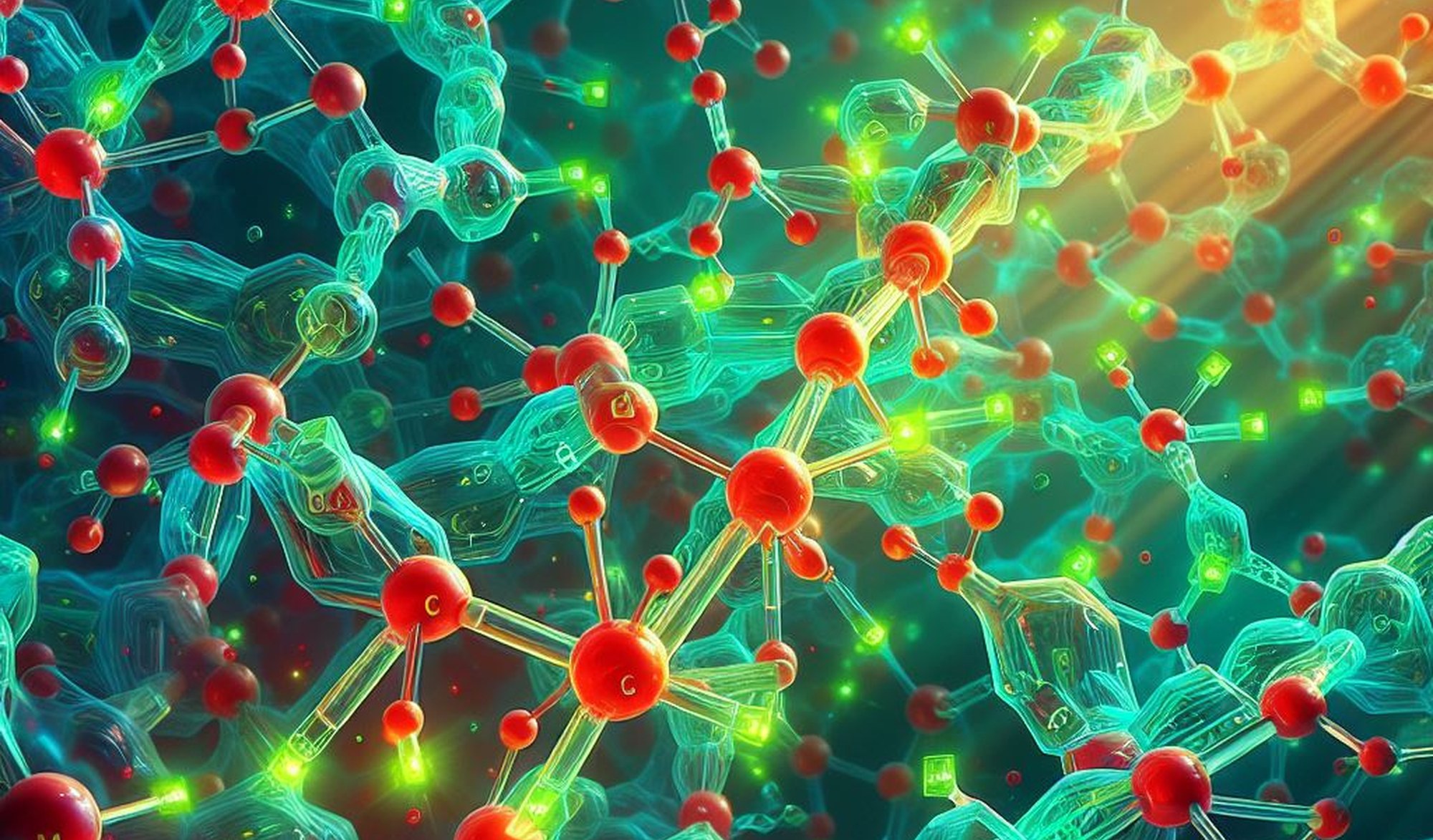Preparation of Cellulose-Based Colorimetric Sensor for Heavy Metal Ion Detection

The sensitive, safe and portable detection of elements such as Hg, Cd, etc., in water is gaining unprecedented importance because it is closely related to public health and economic development. In order to get this challenge, much research has been done to develop ideal sensors that can quantitatively and qualitatively indicate the presence of these and other elements in real-time, sensitively and reliably. Until now, many sensors have been developed and commercialized, such as time and temperature indicators, intelligent tags, colourimetric labels, electronic noses and tongues.
Through this work, we intend to expand our research group's background to the water quality safety field. Specifically, sensors with off-on or bicolour behaviour will be synthesized when they selectively interact with this type of ions.
This work will be in collaboration with Professor Jalel Labidi from the UPV/EHU.
Keywords
Cellulose; Polymer, chelating agents; fluorescent dyes; Ligands; sodium; substances; chelating agents; cations.
That's why the main objectives of this Internship 2023 are:
- Synthesis and characterization of new compounds.
- Structural and photophysical characterization of compounds (absorption and emission) in solution.
- Preparation of results report.
- Presentation in a Seminar.
The candidate should have basic knowledge of organic synthesis. In addition, the student will benefit from the opportunity to work on state-of-the-art instruments for organic and organometallic synthesis. Some include detection and structural elucidation techniques, NMR, MS, FITR, etc.
